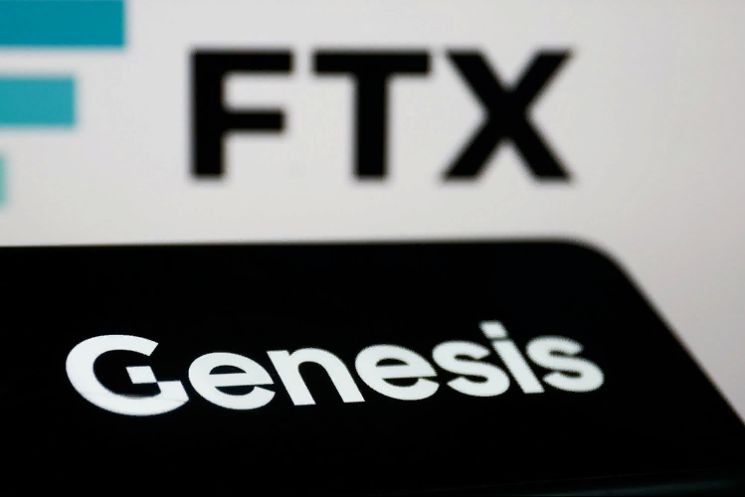Genesis is the latest victim of the industry contagion brought on by the failure of FTX. A severe blow to a company once at the core of Barry Silbert's Digital Currency Group, crypto lender Genesis filed for Chapter 11 bankruptcy protection late Thursday night in Manhattan federal court.
According to bankruptcy records, the corporation cited over 100,000 creditors in a "mega" bankruptcy case, with total obligations ranging from $1.2 billion to $11 billion. The holding companies of Genesis were the subject of three different petitions. The businesses were exclusively involved in Genesis' crypto loan business, the firm said in a statement. Genesis Global Trading and the company's derivatives and spot trading operations will continue unabated.
In its bankruptcy filing on Thursday, Genesis mentioned a $765.9 million debt from Gemini that was due. Other sizable claims included a $53.1 million loan receivable from a VanEck fund and a $78 million debt payable from the high-yield, decentralized platform Donut. In his immediate reaction to the news on Twitter, Cameron Winklevoss, co-founder of Gemini, wrote that Silbert and DCG "continue to refuse to provide creditors a fair settlement."
According to people familiar with the situation who spoke to various media outlets, Genesis is in talks with creditors represented by the law firms Kirkland & Ellis and Proskauer Rose. Genesis has joined the failed cryptocurrency exchanges, including BlockFi, FTX, Celsius, and Voyager. Due to the market freeze caused by FTX's bankruptcy in November, clients all across the crypto world sought withdrawals. Genesis had looked for a $1 billion emergency rescue after FTX's collapse but had little luck finding any takers. The parent firm DCG, which has a growing debt of more than $3 billion to creditors, has ceased dividend payments.
Genesis' troubles
Genesis supplied loans to over-the-counter companies and crypto hedge funds, but a string of poor bets made in 2017 badly hurt the lender and led it to stop withdrawals on November 16.
Three Arrows Capital (3AC) and Alameda Research, the hedge fund founded by Sam Bankman-Fried and closely associated with his FTX exchange, were given crypto loans by the New York-based company.
During the "crypto winter" in July, 3AC filed for bankruptcy. According to court documents, Genesis has loaned 3AC assets totaling more than $2.3 billion. To recoup even a small portion of the billions of dollars held by the hedge fund, 3AC's creditors have been litigating in court. Alameda, meantime, played a crucial role in FTX's final downfall. Bankman-Fried has consistently denied knowledge of any fraudulent conduct inside his network of businesses, yet he can still not offer a convincing justification for the enormous deficit. He was detained in December and is currently out on a $250 million bail pending the start of his trial in October.
Genesis claimed that around $175 million in Genesis assets were "frozen" on FTX's platform after FTX filed for bankruptcy in November. The downward financial spiral of Genesis has revealed Silbert's more significant DCG business. Due to the failure of 3AC, the parent firm was compelled to assume responsibility for Genesis' $1 billion liabilities. Silbert then revealed a further $575 million loan from Genesis to DCG for unspecified investing reasons in a letter to investors.
 cryptonews.net
cryptonews.net
